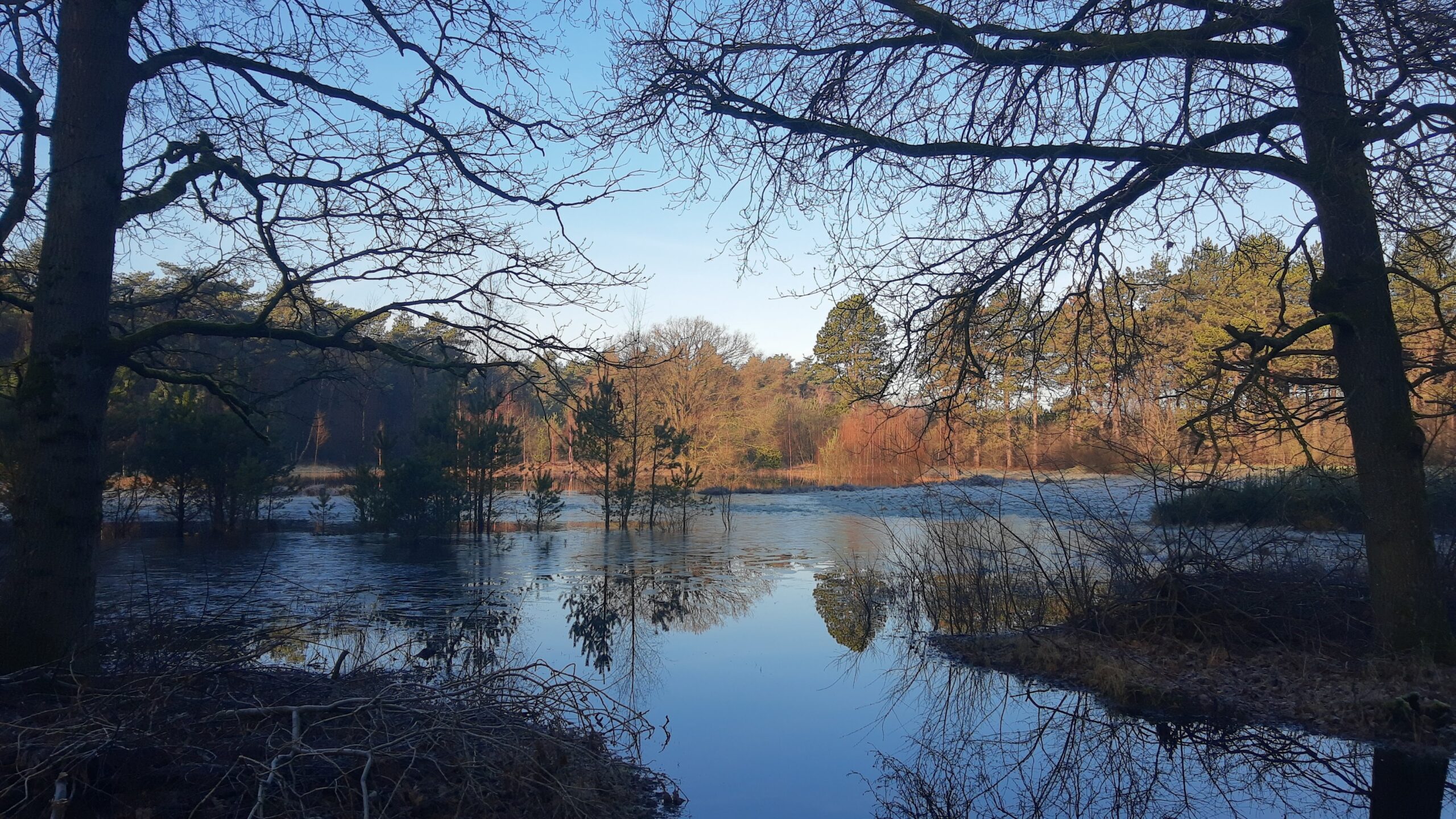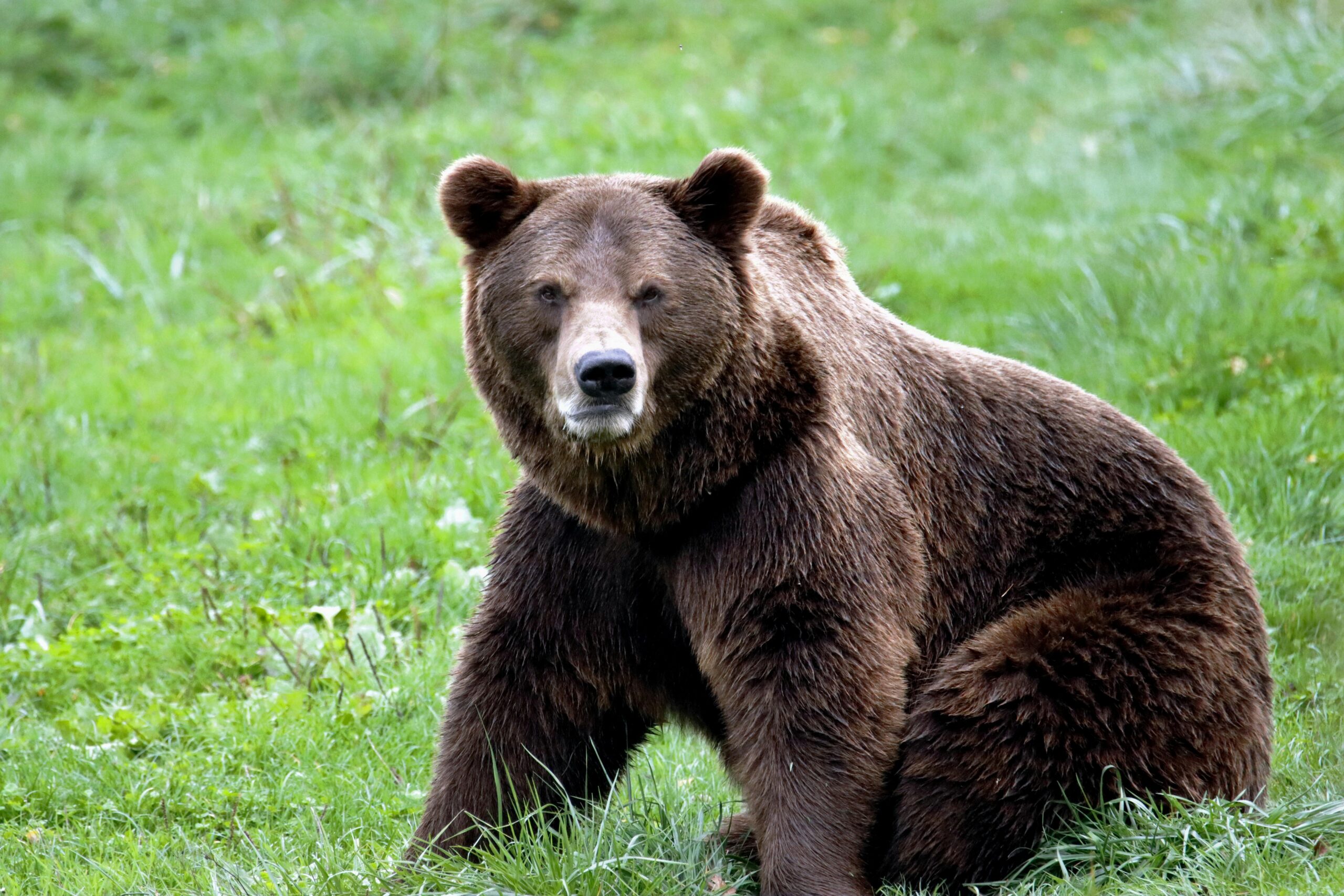You can often find me in wet, muddy and beautiful ecosystems: wetlands! I work in peatlands, fresh and salt marshes, mangroves, seagrass meadows and bivalve reefs. Such wetlands are home to unique biodiversity. Here, species are adapted to wet, sometimes acidic, salty or dynamic environments. Importantly, wetlands are often dominated by ecosystem engineers: species that alter their own environment to its own benefit. In this way, they create resilient systems home to many species and provide ecosystem services like coastal protection, nutrient cycling and food production. Furthermore, natural wetlands store more carbon per area than any other terrestrial ecosystem. However, many wetlands are degrading due to drainage, extraction or damming through which they lose unique biodiversity and ecosystem services on which humanity depends. As such, conservation and restoration of wetland is of utmost importance to conserve and restore key ecosystem services, and should have a central role in EU policy. We need to make sustainable choices and act swiftly to create large wetland landscapes in which we conserve and restore nature and facilitate sustainable wetland use (e.g., paludiculture) in a just and sustainable socio-economic system.

Weemoed en hoop
Een tijdje geleden werd ik door een student geïnterviewd over natuurbeleving en hoe belangrijk biodiversiteit voor mij persoonlijk is. Tijdens
